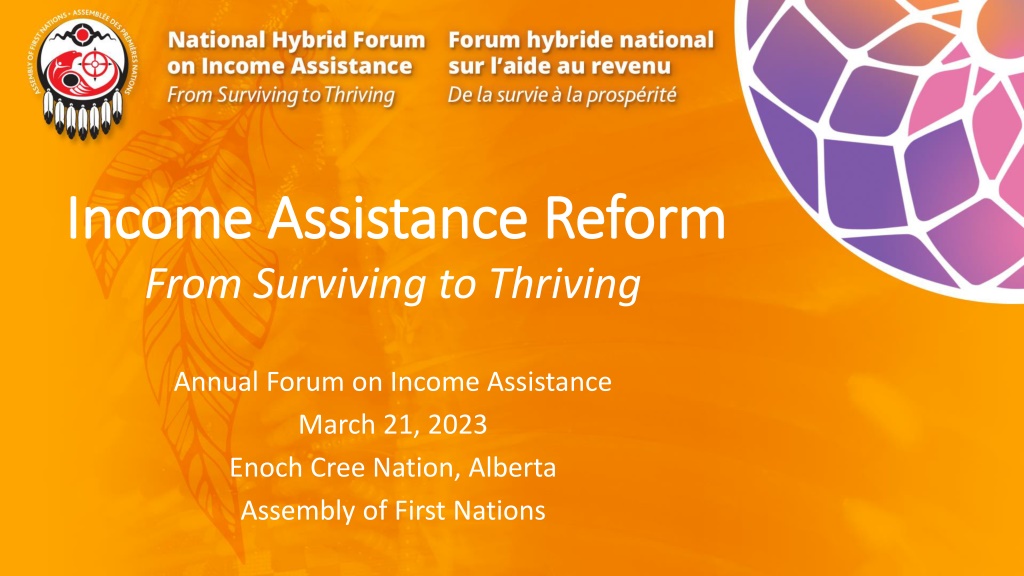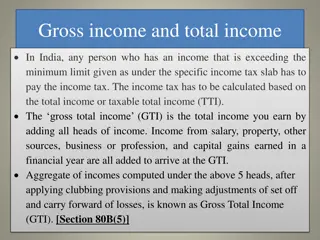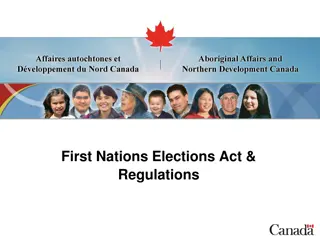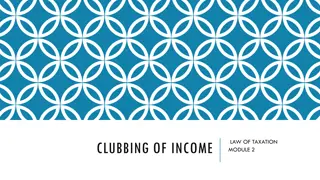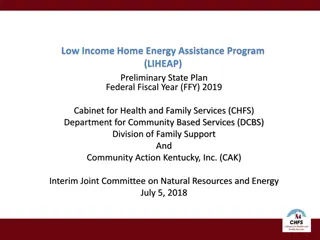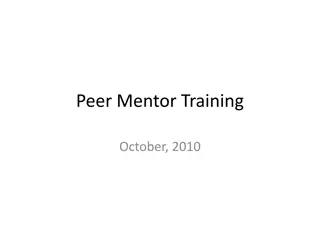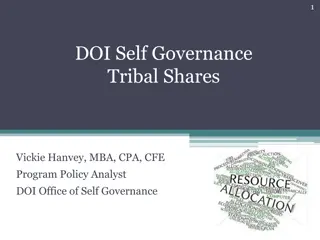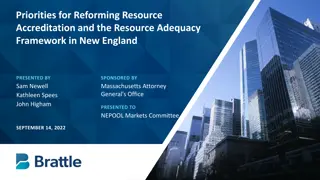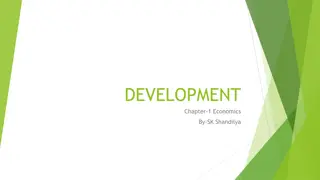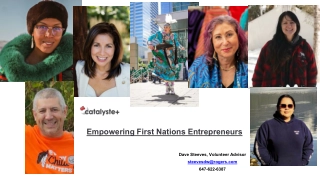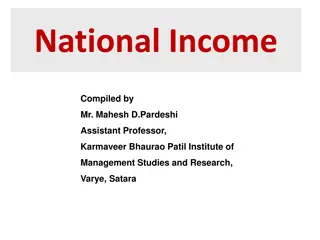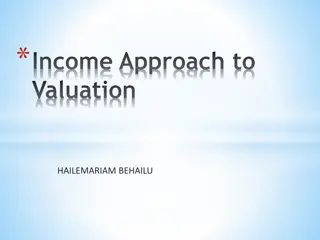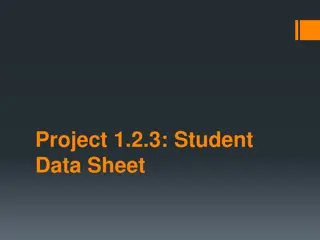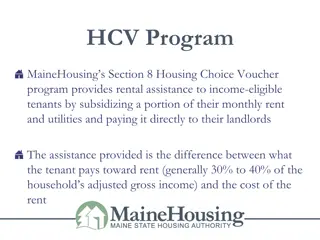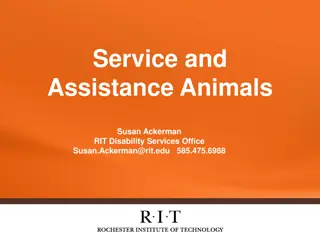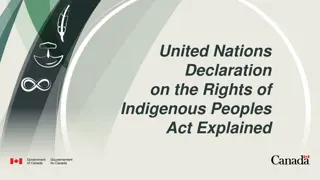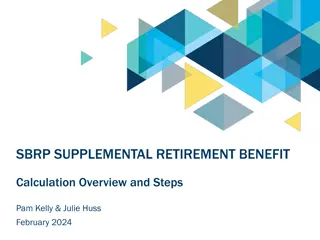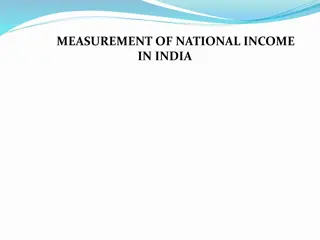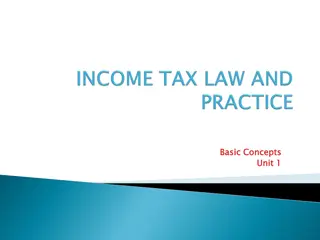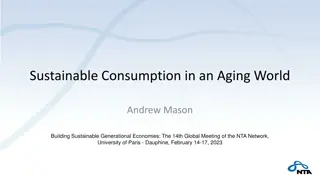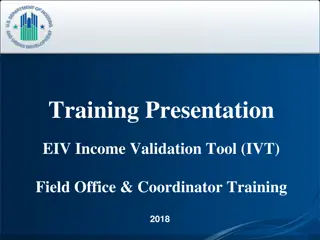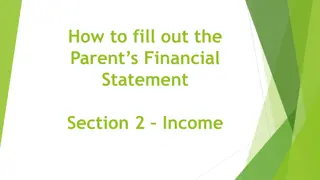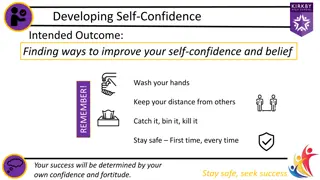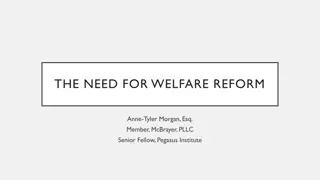Reforming Income Assistance for First Nations: Building Towards Self-Determination
Income Assistance Reform for First Nations aims to address the longstanding gaps in the current program, focusing on enhancing self-determination and support for thriving communities. The initiative involves a co-development process led by First Nations to make the program more responsive to their unique needs. Policy recommendations include developing needs-based funding, aligning disability programs, increasing resources for self-determination, and enhancing data collection. The ultimate goal is to shift from merely surviving to thriving, empowering First Nations communities to govern and deliver the program according to their priorities.
- Income Assistance Reform
- First Nations
- Self-Determination
- Policy Recommendations
- Co-Development Process
Uploaded on Sep 16, 2024 | 0 Views
Download Presentation

Please find below an Image/Link to download the presentation.
The content on the website is provided AS IS for your information and personal use only. It may not be sold, licensed, or shared on other websites without obtaining consent from the author. Download presentation by click this link. If you encounter any issues during the download, it is possible that the publisher has removed the file from their server.
E N D
Presentation Transcript
Income Assistance Reform Income Assistance Reform From Surviving to Thriving Annual Forum on Income Assistance March 21, 2023 Enoch Cree Nation, Alberta Assembly of First Nations
Background Background Developed in 1964 to provide income support for individuals on- reserve to afford basic needs. Does not account for unique needs of First Nations or current socio- economic realities. Indigenous Services Canada has committed to program reform through a co-development process to make the program more responsive to First Nations First Nations-led engagement.
Foundation for Reform Foundation for Reform AFN Resolution 28/2018, Support for the establishment of a Technical Working Group on Social Development AFN Resolution 89/2019, Continuing First Nations Income Assistance Reform
AFNs Advocacy AFN s Advocacy Ensure the voices of First Nations are at the forefront of all aspects of policy and decision making. Enhance First Nations capacity to govern and deliver the program according to their priorities. Support the shift from Surviving to Thriving.
Co Co- -Development Process Development Process AFN Resolution 89/2019, Continuing First Nations Income Assistance Reform, mandates the continuation of First Nations-led reform on Income Assistance and for the AFN to conduct a study on the gaps in data and services within the Program. Using preliminary data from the study and engagements conducted by ISC on Income Assistance, the AFN and TWGSD developed a policy document with recommendations for reform.
Policy Recommendations Policy Recommendations 1. Develop and implement needs-based funding structure to account for factors such as remoteness, inflation and cost of living. 2. Align provincial, territorial and federal disability programing with the needs of Income Assistance clients. 3. Increase resources to promote First Nation self-determination including: a. Additional case managers and administrative staff. b. Resourcing and resources to promote self-determination.
Policy Recommendations (Continued) Policy Recommendations (Continued) 4. Support First Nations to strengthen data collection, storage, access and reporting to support evidence based funding 5. Adequate infrastructure to deliver programs and services and support self-governance. 6. Explore options to build a First Nations social safety net model to support First Nations with holistic, wrap-around supports to decrease poverty and support thriving First Nations.
Where We Are Now Where We Are Now AFN Resolution 07/2022, Reform of the On-Reserve Income Assistance Program: Supported the First Nations-Developed policy recommendations, Called on ISC to use the recommendations, Called on the Technical Working Group on Social Development to conduct and oversee an assessment of the long-term financial investments required to fill the gaps in the IA Program.
Next Steps Next Steps The AFN will continue to work with the Technical Working Group on Social Development and ISC to reform the IA Program. The AFN will conduct a cost analysis to provide a First Nations-led assessment of the financial cost associated with the implementation of the proposed policy recommendations.
